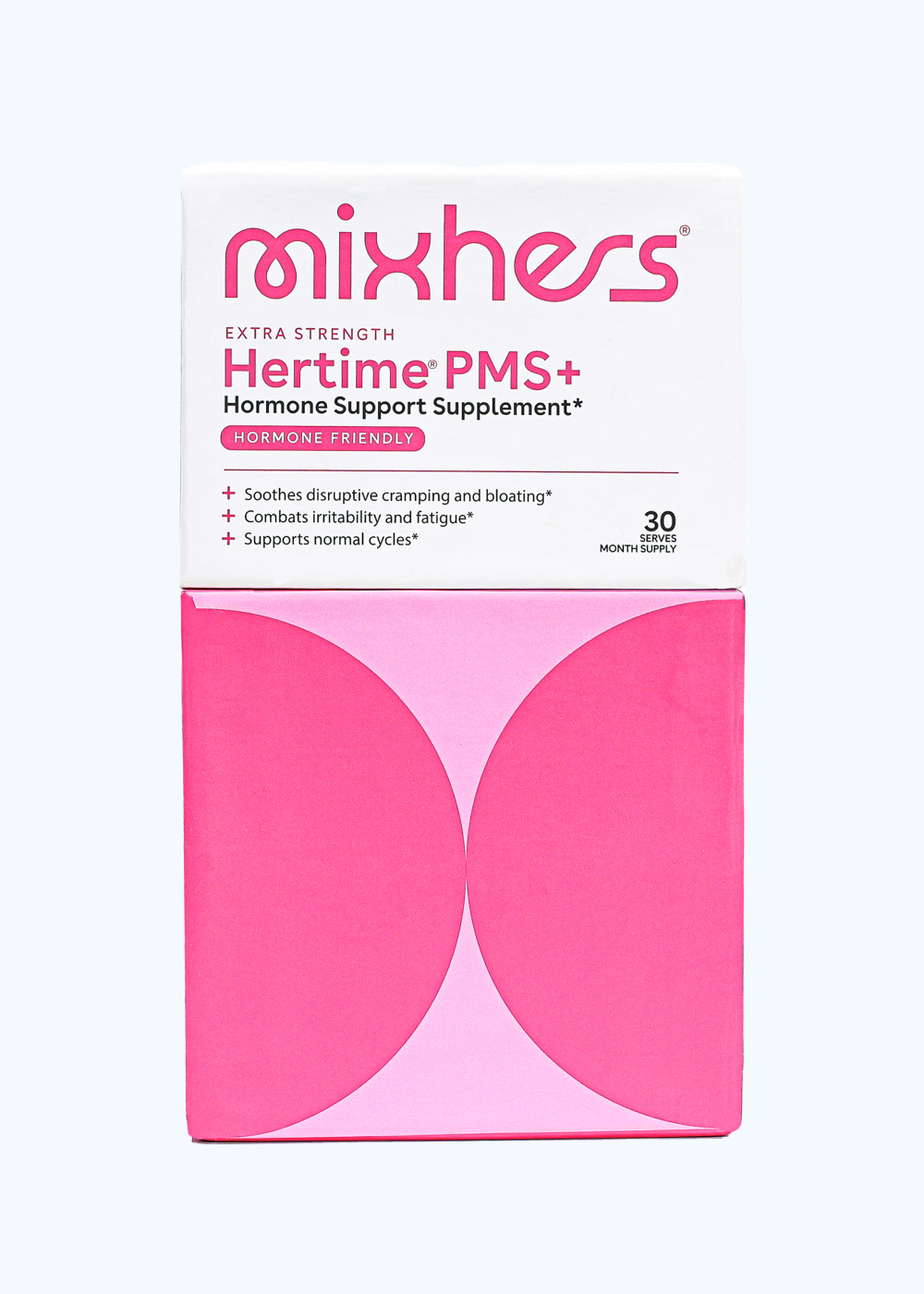Caffeine has become a staple in daily routines for many, with studies from the NIH revealing that “85% of the U.S. population consumes at least one caffeinated beverage per day.” Loved for its ability to energize, sharpen focus, and even enhance physical performance, caffeine offers undeniable health benefits when consumed mindfully. For some, that mid-afternoon coffee or daily soda feels like a small act of self-care.
However, caffeine doesn’t affect everyone equally. Women, in particular, experience unique responses due to factors like estrogen levels, adrenal activity, and sex hormone fluctuations. Premenopausal women may metabolize caffeine differently because of hormonal influences, such as during ovulation. Enzymes involved in caffeine breakdown can vary in activity depending on these hormonal changes, impacting how long caffeine stays in the system. These variations can affect blood pressure, glucose regulation, and even risks for type 2 diabetes.
As Dr. Schisterman’s research highlights, understanding how caffeine interacts with receptors and hormonal systems is vital for making informed choices about consumption. Recognizing these hidden effects empowers women to balance their caffeine habits while supporting overall hormonal health.












